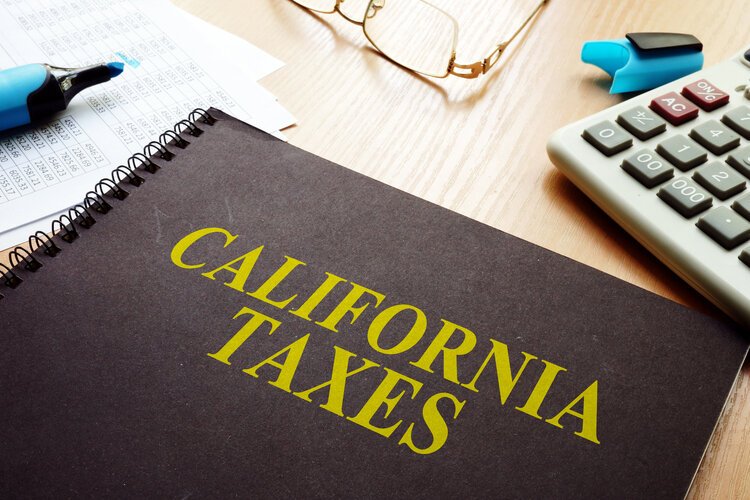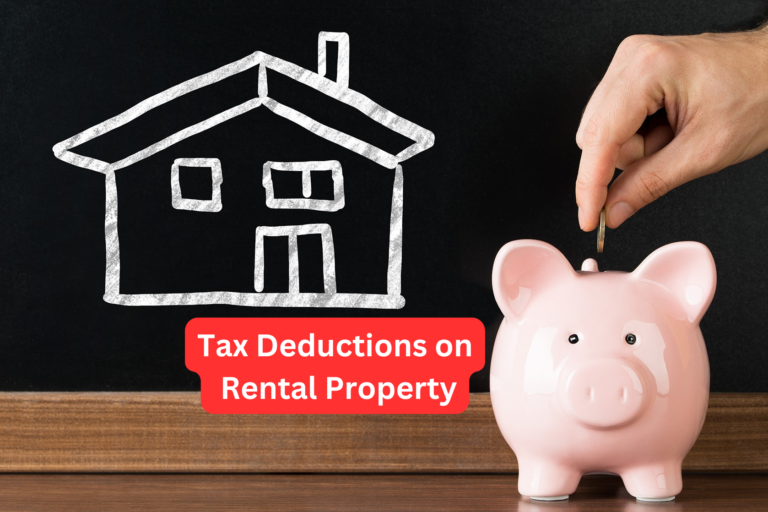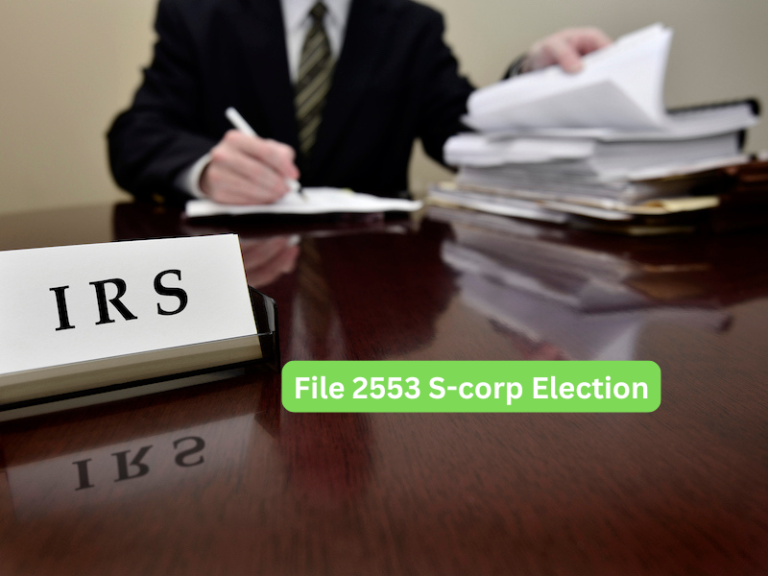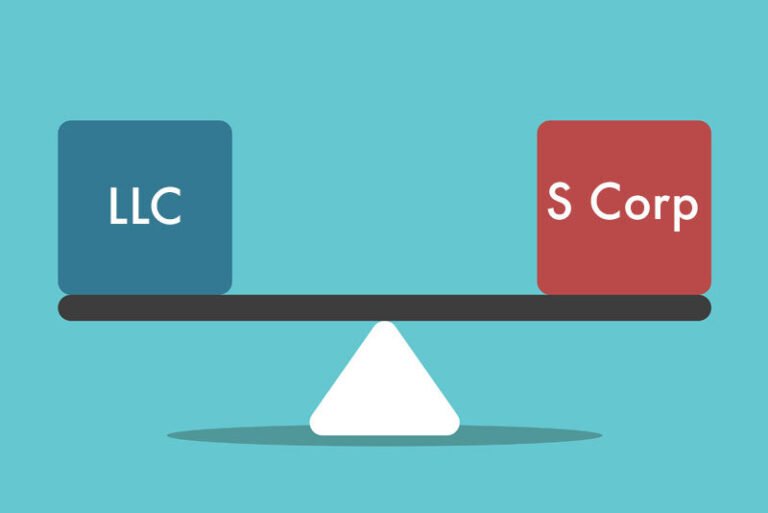Do LLC Get a 1099
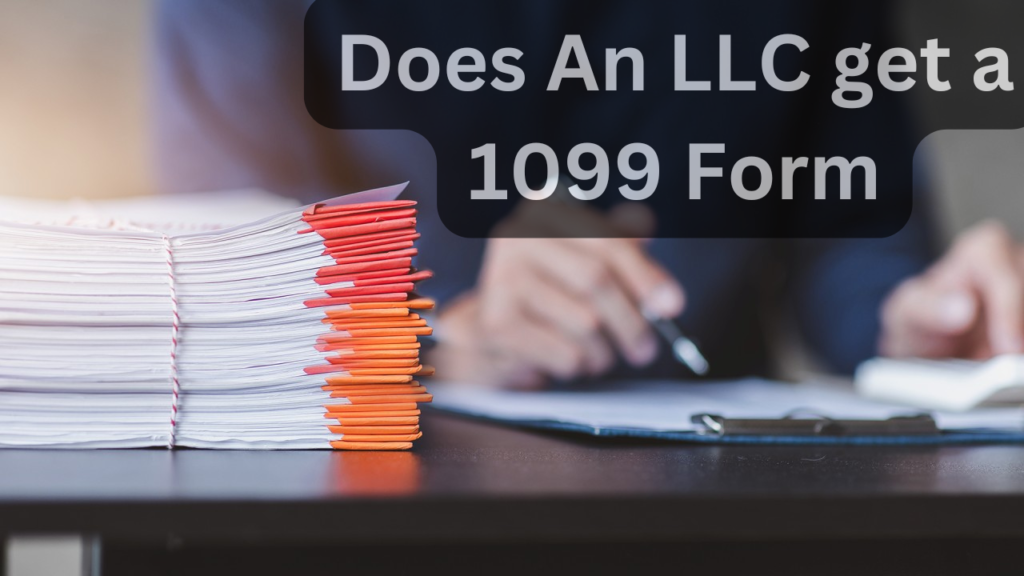
Does an LLC Partnership Need to Get a 1099?
Understanding tax reporting requirements is essential for businesses, especially when dealing with Limited Liability Companies (LLCs). One common question that arises is whether an LLC partnership needs to get a 1099. The answer depends on the type of income and the IRS classification of the LLC. Let’s dive into how this works and clarify what you need to know.
What Is an LLC Partnership?
An LLC partnership is a business entity with two or more members that hasn’t elected to be taxed as a corporation. By default, the IRS treats such entities as partnerships for tax purposes. LLC partnerships file Form 1065 annually to report their income, and they issue Schedule K-1s to members, detailing their share of profits, losses, and credits.
This structure allows profits and losses to “pass through” to the members, who report them on their individual tax returns. While this offers flexibility, it also means LLC partnerships are subject to specific reporting rules, including those involving Form 1099.
What Is a 1099 Form?
Form 1099 is an IRS document used to report income paid to individuals or entities other than employees. It ensures that income is properly recorded and taxed. Some common types of 1099 forms include:
- 1099-NEC: For nonemployee compensation, such as payments to contractors or freelancers.
- 1099-MISC: For miscellaneous payments, such as rent or legal fees.
Businesses must issue 1099 forms for qualifying payments of $600 or more within a calendar year.
Does an LLC Partnership Get a 1099?
Whether an LLC partnership needs to get a 1099. It depends on a few factors, such as the type of income and the payer’s obligation to report it. Here’s how it works:
1.Eligible Payments
If an LLC partnership provides services and earns at least $600 in nonemployee compensation, it is generally required to receive a 1099-NEC from the payer. For example, if a consulting firm structured as an LLC partnership completes a project for $5,000, the hiring business must issue a 1099-NEC to report the payment.
2.Exceptions to the Rule
Not all payments require a 1099. Common exemptions include:
-
- Payments made to LLCs taxed as corporations.
- Payments for goods, storage, or utilities.
- Personal payments not tied to business activities.
3.Tax Classification Matters
An LLC partnership is distinct from an LLC taxed as a corporation. Partnerships are considered pass-through entities, which means they must get a 1099 for qualifying payments unless exempted.
Why Does an LLC Partnership Need to Get a 1099?
Receiving a 1099 ensures transparency in income reporting and helps the IRS track taxable income. For an LLC partnership, a 1099 serves as an official record of payments received, making it easier to:
- Reconcile financial records.
- Report income accurately on Form 1065.
- Avoid discrepancies that might trigger audits or penalties.
Without a 1099, the IRS might question whether all income was properly reported, potentially leading to complications during tax season.
Who Issues the 1099 to an LLC Partnership?
Any business or individual that pays $600 or more to an LLC partnership for services is responsible for issuing a 1099. Here’s the process:
1.Requesting a W-9 Form
Before making a payment, the payer typically asks the LLC partnership to complete a W-9 form. This document provides essential details, including the LLC’s tax classification and taxpayer identification number (TIN).
2.Issuing the 1099
After payments exceed the $600 threshold, the payer must file a 1099 with the IRS and send a copy to the LLC partnership by the January 31 deadline of the following year.
Misunderstandings About 1099 Forms and LLC Partnerships
There are some misconceptions about whether an LLC partnership needs to get a 1099:
1.“All LLCs Are Exempt from 1099s”
This is incorrect. Only LLCs taxed as C corporations or S corporations are exempt. LLC partnerships must get a 1099 for eligible payments.
2.“Personal Payments Require 1099s”
Payments unrelated to business activities, such as gifts or reimbursements, are not reportable on a 1099.
3.“1099s Are Only for Sole Proprietors”
Sole proprietors often receive 1099 forms, but LLC partnerships also fall under this requirement if they meet the criteria.
How to Handle 1099 Forms as an LLC Partnership
If your LLC partnership expects to get a 1099, follow these steps to ensure compliance:
1.Provide Accurate W-9 Information
Ensure your W-9 form is complete and accurate when requested by clients or payers.
2.Verify the 1099
Once you receive a 1099, check it for accuracy. Incorrect details, such as the wrong TIN or payment amount, should be corrected immediately.
3.Report All Income
Even if you don’t receive a 1099 for some payments, you must report all income on your Form 1065. Failing to do so could result in penalties.
Benefits of 1099s for LLC Partnerships
While receiving 1099 forms is a requirement, they also offer several benefits for LLC partnerships:
- Streamlined Record-Keeping: A 1099 provides an official record of income earned, making it easier to reconcile your books.
- Accurate Tax Filing: It simplifies reporting income on Form 1065 and Schedule K-1.
- Compliance Assurance: Properly handling 1099s reduces the risk of IRS audits.
By staying organized and maintaining accurate financial records, your LLC partnership can meet its tax obligations confidently.
Conclusion
An LLC partnership needs to get a 1099 for qualifying payments, such as compensation for services, if the total is $600 or more in a calendar year. However, LLCs taxed as corporations are exempt from this requirement. Understanding when and why a 1099 is necessary ensures that your LLC partnership remains compliant with tax regulations.
By taking proactive steps—such as providing W-9 forms, verifying 1099s for accuracy, and reporting all income—you can avoid potential issues with the IRS and simplify tax season.

